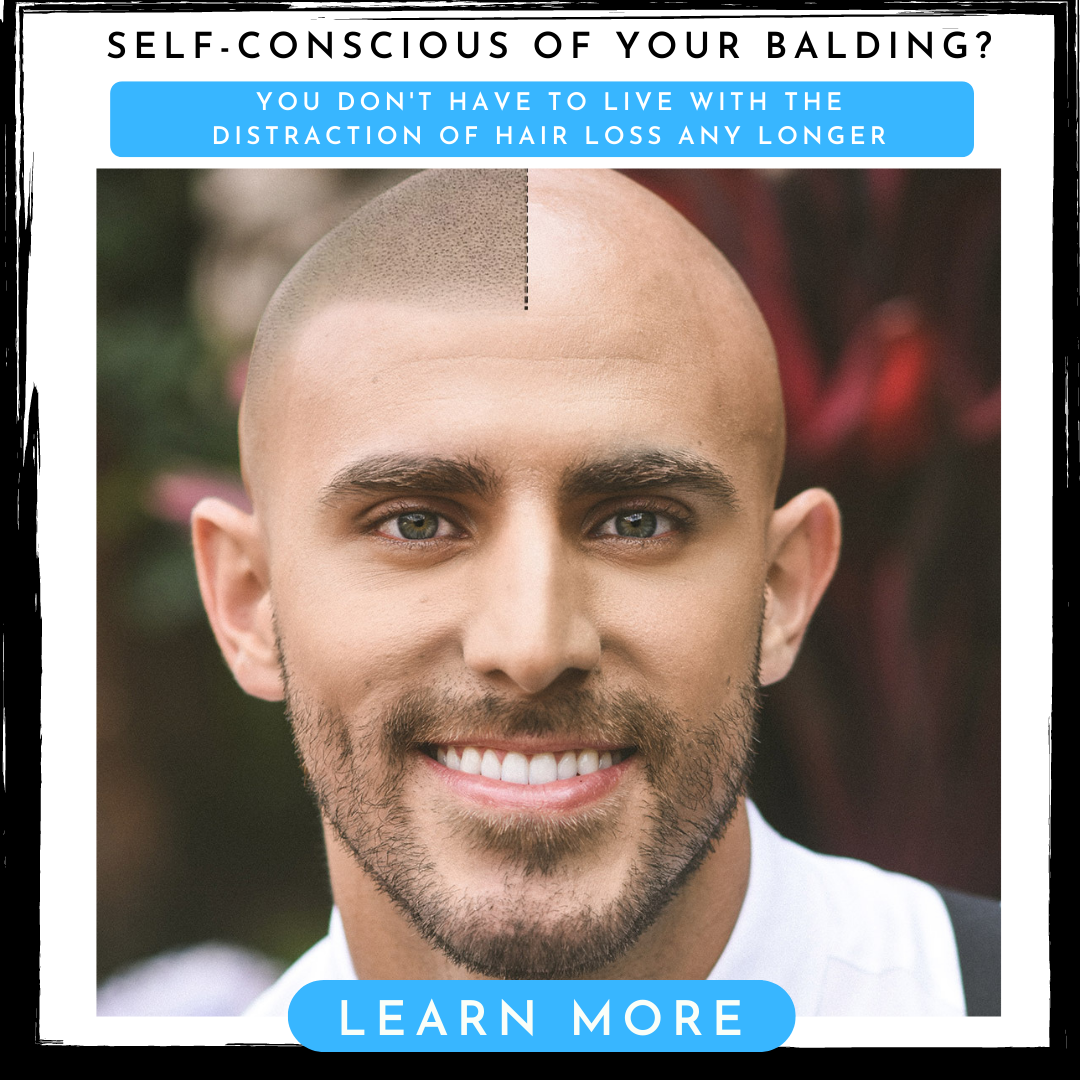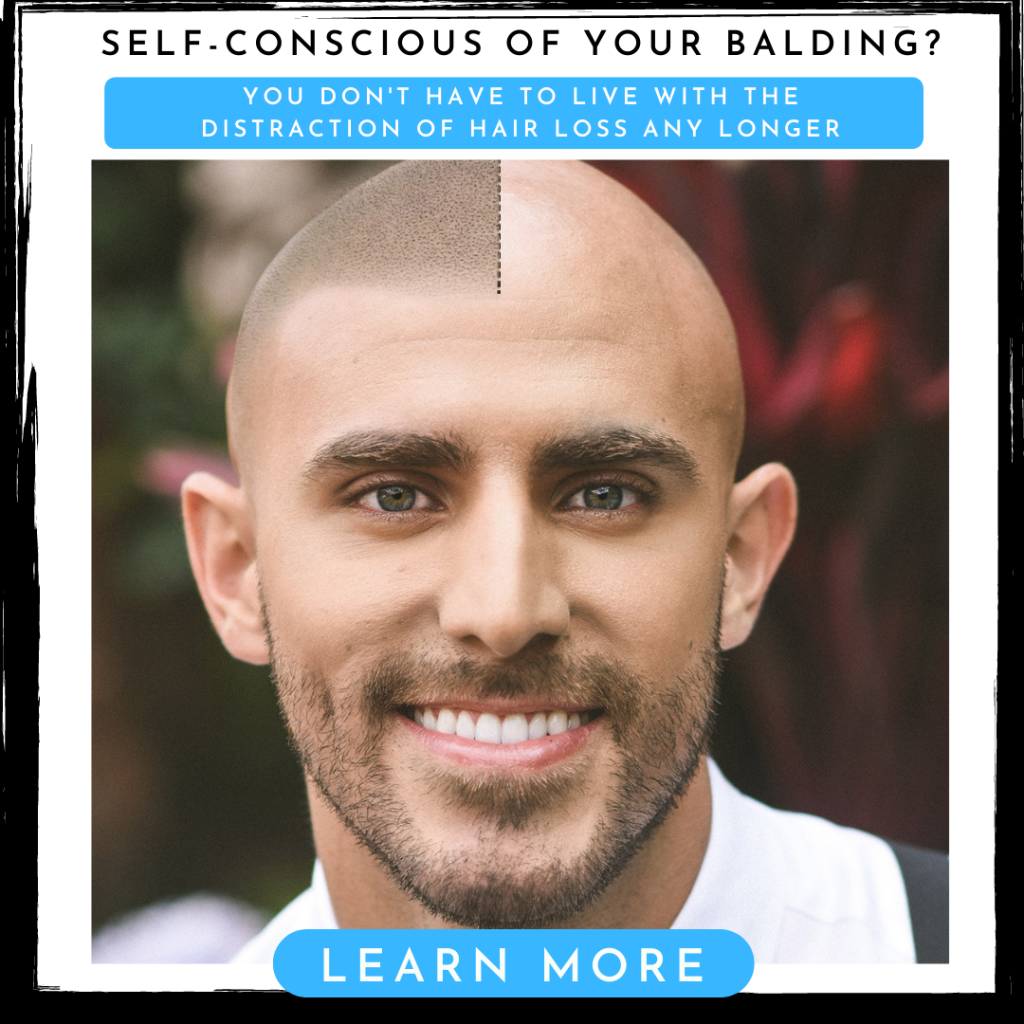If you’re interested in spirituality or self-help, you’re probably familiar with the concept of ego. It’s who you think you are – your concept of yourself. That little voice inside your head is the source of so much anxiety, stress, and misery, isn’t it?
The good news is that there are various techniques you can use to quiet the ego. In this article, we’ll discuss everything you need to know about ego.
Here are 3 practical ways to help you keep your ego in check:
- Practice meditation: Mindfulness creates a gap between your thoughts and your concept of yourself. As you disidentify with your thoughts and emotions, you become less self-centered.
- Practice gratitude and humility: Fate is tricky. You may easily lose your high-profile job because of a minor mistake or your beautiful spouse may pass away because of an accident. Keeping in mind the fleeting nature of things helps us be grateful for the things we have, which in turn, helps us stay humble and keep the ego in check.
- Be kind: Helping others is an excellent way to get out of our heads. Seeing the sufferings of the world and being able to alleviate some of it has a transformative effect on us.
Table of Contents
3 practical ways to quiet the ego
Understanding what ego is and how it develops and dictates our lives is the first step to freedom from its limitations. Here we introduce three important ways we can learn to handle our concept of ourselves with harmony.
The word “ego” means “I” in Latin. It is your concept of yourself – the “you” that you think you are. Ego includes your body, beliefs, talents, and abilities. Just try to answer Who am I? and see what comes up in your mind.
Now, no matter how attached you are to yourself, the fact is that your notion of yourself is highly illusory and fictitious. I know you don’t want to hear it; I don’t want to hear it; the ego doesn’t want to hear it. But the ego develops very arbitrarily through the experiences you have in early childhood up to now. Every experience in your life has added something to your ego.
Is the ego necessary? Sort of. It’s necessary in that it helps us decode the world around us. However, the problem with ego is that it is very clingy and self-preservative. If you’re trying to get to higher levels of achievement and consciousness in your life, the ego holds you back. It has a lot of inertia and weight to it. It doesn’t want to go out there and explore reality for what it is.
From a spiritual perspective, it’s the basis of all our problems. It holds us back when we try to make new friends, apologize, be kind, or do anything that may challenge us to change. This is because it wants to preserve itself and is always afraid of what others think.
Since the ego is incomplete, it wants to complete itself. To attain fulfillment in its own peculiar ways, it takes various forms, from self-hatred to high ambitions. The problem is that it can never really be satisfied. So it may push you to achieve success in the outer world, but still, the satisfaction obtained will be short-lived, and you’ll be back to square one.
What are the signs of ego?
One of the most common ways to recognize ego is comparison. If you have a strong ego, you’ll always compare yourself with others in terms of intelligence, happiness, wealth, etc. You’ll also feel elevated by gossiping about other people’s flaws. Jealousy, anger, resentment, and blaming are all behaviors of ego.
The ego also craves attention and recognition. It rarely wants to help others and is always defensive. It can’t handle rejection or criticism and takes everything personally. All of this behavior is directed toward sustaining and preserving itself.
Is it good to have big ego?
Having a big ego may help you excel at work, but it’ll never lead to tranquility and contentment. An inflated idea of yourself will also spoil your relationship with others. You’ll always want to be right and will have difficulties admitting defeat or accepting rejection. These are just some of the ways how your ego can ruin your life.
If you have a big ego, you’ll often bump heads with relatives, coworkers, or even dates because you’ll be so full of yourself. The idea of asking someone for help will also seem absurd and unnecessary. In short, having an oversized ego is the road to dissatisfaction and restlessness in life.
Can you lose your ego?
If you were to get rid of your ego, your concept of yourself would evolve to a higher level. If you manage to lessen the ego, you will be calmer, more comfortable, and less judgmental and neurotic. You will have fewer boundaries between yourself and the rest of the universe. Consequently, you’ll be in a position to perform better. You get a better result out of your life when you numb that ego down, rubbing it out and ultimately killing it.
Killing it? What does ego death mean? The ultimate end of this process of letting go of the ego is the state of enlightenment. Buddhist monks, for example, reach nirvana or enlightenment after decades of meditation and contemplation. Through a very rigorous training process, they numb down their ego so much that they dissolve it. They no longer have that boundary between themselves and the rest of the world, and they feel a cosmic oneness or consciousness.
However, the death of ego shouldn’t be your immediate goal; instead, try to come to terms with your ego. Understanding the beliefs you hold about yourself — your conceived faults, intelligence, superiority, or inferiority — and trying to make your life less self-centered, are the things you should aim for.
Ego is essentially our memory of ourselves – what we think we are, what we’ve accomplished, etc. So it can live only in our imagination, i.e. in the past or the future.
Mindfulness helps us step into the moment and spend less time and energy in our thoughts. Instead of brooding over mistakes we’ve made or getting anxious about how things will turn out for us, we can connect to the present moment by using various meditation techniques.
As your mindfulness grows, you’ll begin to notice that you’re not your thoughts or emotions. In your meditation sessions, you’ll also realize that the voice in your head is not your friend. It only seeks to preserve its identity and nothing else. Once you distance yourself from the voice in your head, you’ll be free to look at things objectively and for what they are.
The aim of meditation or other mindfulness practices is to create a gap between your thoughts and actions, and over time, between your thoughts and your concept of yourself. Mindfulness helps you see that your precious thoughts and feelings are in fact devoid of any essence. The more you distance yourself from your thoughts, the more peaceful and ego-free you’ll be.
The good news is that you don’t have to go to a monastery and meditate for 10 years to experience this transformation. Be regular and sincere with your practice, and things will happen. Within a few months, you’ll see a change in your perspective.
One of the surest ways to deflate the ego is to instill the bigger picture of life into your mind. It helps us be grateful for the things we have and humble after realizing how small our share of things is.
What we’re about to discuss – which is really applied spirituality – might sound cliched. However, if you reflect, you’ll find these things to be true, and they’ll destroy the grand image you may have of yourself.
If you want to inflate your ego, you must have something to be proud of – something you’ve earned or something you believe is under your control, right?
So what is it that you have? What are you proud of?
Make a list and see how many of these things you really own. Are not all of them a result of mere chance? Yes, of course, you diligently applied for 50 jobs before landing the perfect one. But did you control the outcome of that situation?
What if you had never come across that job posting? What if the client had never come across your application? Did you control the fact that some Mr. More-capable-than-you didn’t apply for that particular job? In the end, despite all your efforts, the results are always decided by an unknown force – call it whatever you like: fortune, fate, chance, or universe.
It’ll be helpful to reflect on these words of the Great German Philosopher Arthur Schopenhauer:
“Consider that chance, which, with error, its brother, and folly, its aunt, and malice, its grandmother, rules in this world; which every year and every day, by blows great and small, embitters the life of every son of earth, and yours too; consider, I say, that it is to this wicked power that you owe your prosperity and independence; for it gave you what it refused to many thousands, just to be able to give it to individuals like you. Remembering all this, you will not behave as though you had a right to the possession of its gifts; but you will perceive what a capricious mistress it is that gives you her favors; and therefore when she takes it into her head to deprive you of some or all of them, you will not make a great fuss about her injustice; but you will recognize that what chance gave, chance has taken away; if needs be, you will observe that this power is not quite so favorable to you as she seemed to be hitherto. Why, she might have disposed not only of what she gave you, but also of your honest and hard-earned gains.”
–Arthur Schopenhauer
Go through your list and contemplate if you truly own anything. If you believe you do own something, think about how stable it is – which will again prove that you don’t own it. Doing this regularly will help you realize how small your share of things really is. In this way, you’ll become more humble and grateful.
Alleviating the suffering of others has a tremendous effect on us. It helps us realize that life is enormous, and there’s a whole universe outside of the little worlds we’ve created for ourselves. As human beings, we have an innate tendency to want to help others, to contribute to something bigger than ourselves. Following this inner urge leads to satisfaction and purity of heart.
Usually though, we’re only concerned about ourselves and our loved ones. Looking beyond our little world and helping those who’re suffering, opens up our heart and makes us compassionate and less self-centered.
Now, you don’t have to join an organization and volunteer for hours. We’re talking about small acts of kindness – appreciating a peer, helping a stranger in need, or sending a “thank you” note to someone. Doing things for others melts the ego.
Also, this isn’t the only benefit. Studies show that doing good deeds frequently makes us happier. It also makes us less depressed and lessens pains and aches.
But don’t try to help others so that you can feel happier. That’s just another trap of the ego. Help others out of compassion and love for them.
Conclusion
Meditating, being mindful of the transience of life, and practicing compassion are some ways to lessen our ego and ensure that it becomes a friend.
Also, you shouldn’t aim at the dissolution of the ego right away. Instead, you should aim at having a well-functioning ego that doesn’t obstruct you from achieving your goals.
Even if you have a spiritual aim, remember that the new age “let go of your ego” and “merge with the infinite consciousness” BS has nothing to do with real, ancient spirituality. You can only work with what you have, and scriptures proclaim that purifying ourselves through spiritual practices is the way to liberation.









